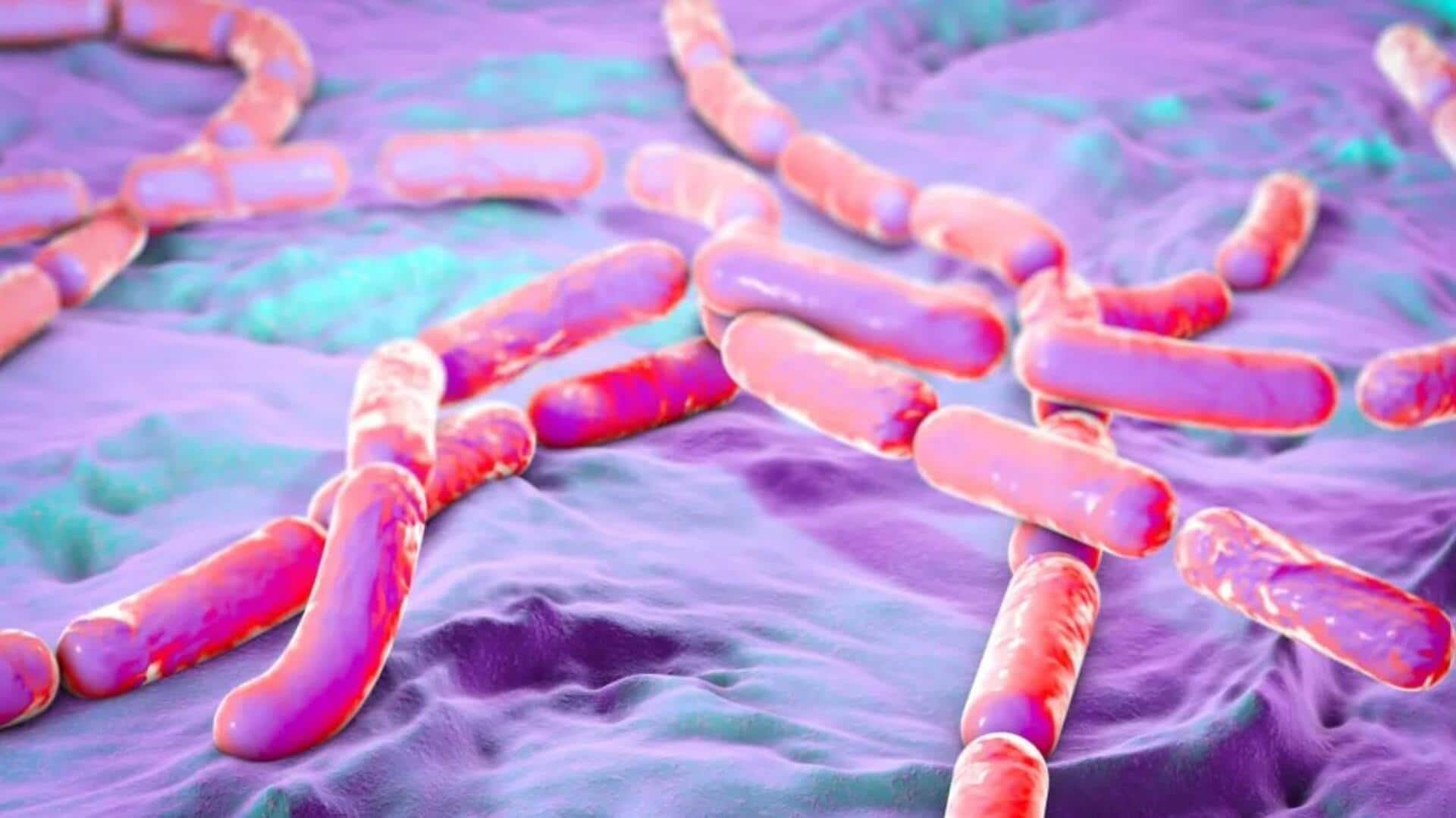
Man gets 'food poisoning' in genitals in first ever case
What's the story
In a rare medical case, a 38-year-old man from Lebanon contracted food poisoning in his private parts after having "vigorous intercourse" with his wife. The man experienced severe diarrhea and vomiting a few hours after their sexual encounter. Then, he had penile swelling and redness for almost a week before seeking medical attention. Doctors at the American University of Beirut Medical Center examined his scabbed genitals, collected a sample. The results revealed the presence of Bacillus cereus.
Medical mystery
Unusual symptoms lead to unexpected diagnosis
Bacillus cereus is a bacteria typically found in rice, cereals, milk and cream if left unrefrigerated for too long. According to the NHS, this bacterium "produces spores that survive heat processing" and "grows rapidly at room temperature producing toxins." Every year, around 63,400 cases are reported in the United States. The illness is referred to as "fried rice syndrome" because when rice is kept at room temperature, it can produce toxins that cause diarrhea and vomiting.
Source identified
Unrefrigerated rice meal linked to penile food poisoning
Symptoms often appear within six to 15 hours, and most people recover within a day. "The recovery of B. cereus from the penile infection in our patient reveals the first case of such unusual infection," the case report read. Doctors suspect that he contaminated his genitals with vomit and diarrhea after having intercourse with his wife, which is "likely the source of the skin infection." The wife, however, was symptom-free.
Medical first
First reported case of penile food poisoning
The unusual case was documented in the journal Annals of Medicine and Surgery, marking it as the "first case in literature" of a patient suffering food poisoning in the penis. The man was treated with a topical antibiotic called fusidic acid, typically used for eye infections. Doctors also advised him to maintain proper hygiene and abstain from sexual activity until fully recovered. Four weeks post-diagnosis, he reported no further discomfort or recurrence of the infection.